Sometimes described as “the gay Olympics,” the Eurovision Song Contest has become firmly ensconced in LGBTQ+ culture in recent years. It wasn’t always this way: in its first decades in the 1950s and ’60s, it was a firmly buttoned-up affair that verged upon staid, with restrained performers in tuxedos and ball gowns: not an onstage costume change or sexualized prop butter churner was to be seen. Toward the ’90s, it became more flamboyant, with flashy outfits and campy songs (the first openly gay contestant appeared in 1997, followed by a trans winner a year later).
Nowadays in Europe (and, increasingly, other parts of the world), the contest is queer canon. It’s not that it’s necessarily stacked with our crowd—this year features just two out gay and two bisexual singers, with trans representation sadly lacking. But aesthetically speaking, it’s typically a pretty fruity affair, and several of the 37 songs this year have a sizable dose of gender fuckery, butch energy or limp-wristedness. In that spirit, here are some pointers on the gay highlights of the 2023 contest, complete with scores on just how queer their whole vibe is. If you’re Euro-curious, consider it a list of songs you should check out; if you’re already a fan, well, show these acts to the not-yet-Euro-converted members of your chosen family.
(As the winner of last year’s competition, Ukraine was supposed to host the 2023 contest—obviously not an option during wartime. In honour of Ukraine’s queer “unicorn battalion,” we’ll mark our gay ratings with rainbow unicorns.)
Luke Black (Serbia)
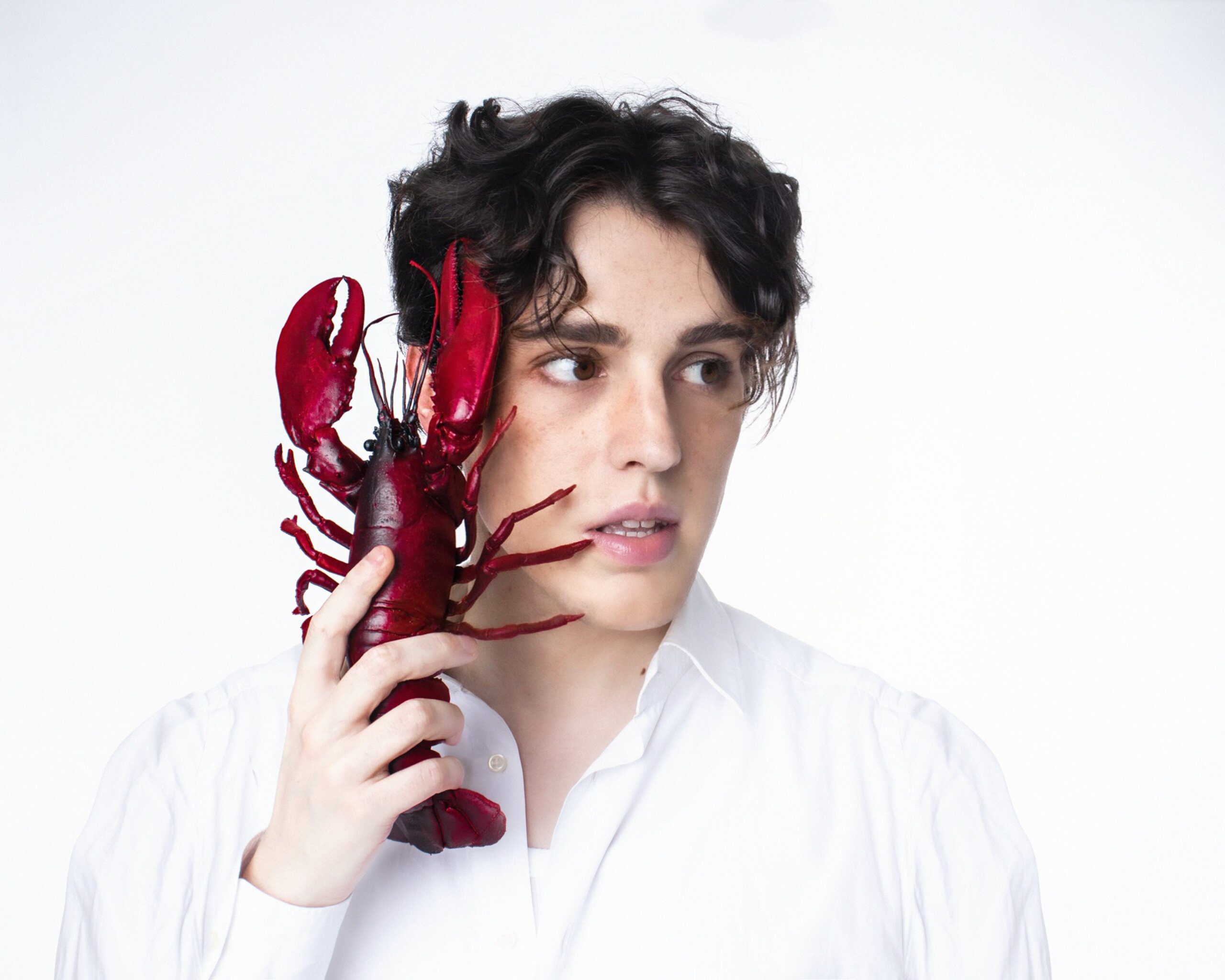
Credit: VASSO VU
This year, Serbia’s cup runneth over with queerness, and not just because singer Luke Black (Luka Ivanović) is one of the contest’s openly gay performers—an uber-twink in both look and demeanour. It’s hard not to be mesmerized by his song “Samo mi se spava.” It kicks off with a melodramatic piano motif as Black is, um, “born” from an oyster-like prop, as a nod to our Sapphic sisters. It quickly steps up into a industrial-lite bop, although it loses a couple of points from a slightly straight visual presentation that leans toward Alien meets Blade Runner techno-dystopian, with a video-game theme thrown in to boot. The fashion-minded segment of our community should also appreciate Black’s hard-but-soft laced-up white shirt and platform boot combo.
Score: 🦄🦄🦄🦄🦄🦄🦄🦄 8/10
Vesna (Czechia)

Credit: Milan Vopálensky
Before the music even kicks off on “My Sister’s Crown,” the styling on this girl group screams “fertility-focused lesbian polycule cult—but cool.” The six members are in identical soft pink parachute pants with firm-shouldered sequined tops in an identical shade. Oh, and don’t forget the floor-length braids that Vesna whip around as part of the choreography. With a Balkan pop sound and a twinge of folk, the music itself isn’t canonically fruity. Yet in any case, it’s fun for all, and a true delight for the hard femme segment of our alphabet soup, particularly due to the repeated lyric of “We are not your dolls.”
Score: 🦄🦄🦄🦄🦄 5/10
Loreen (Sweden)
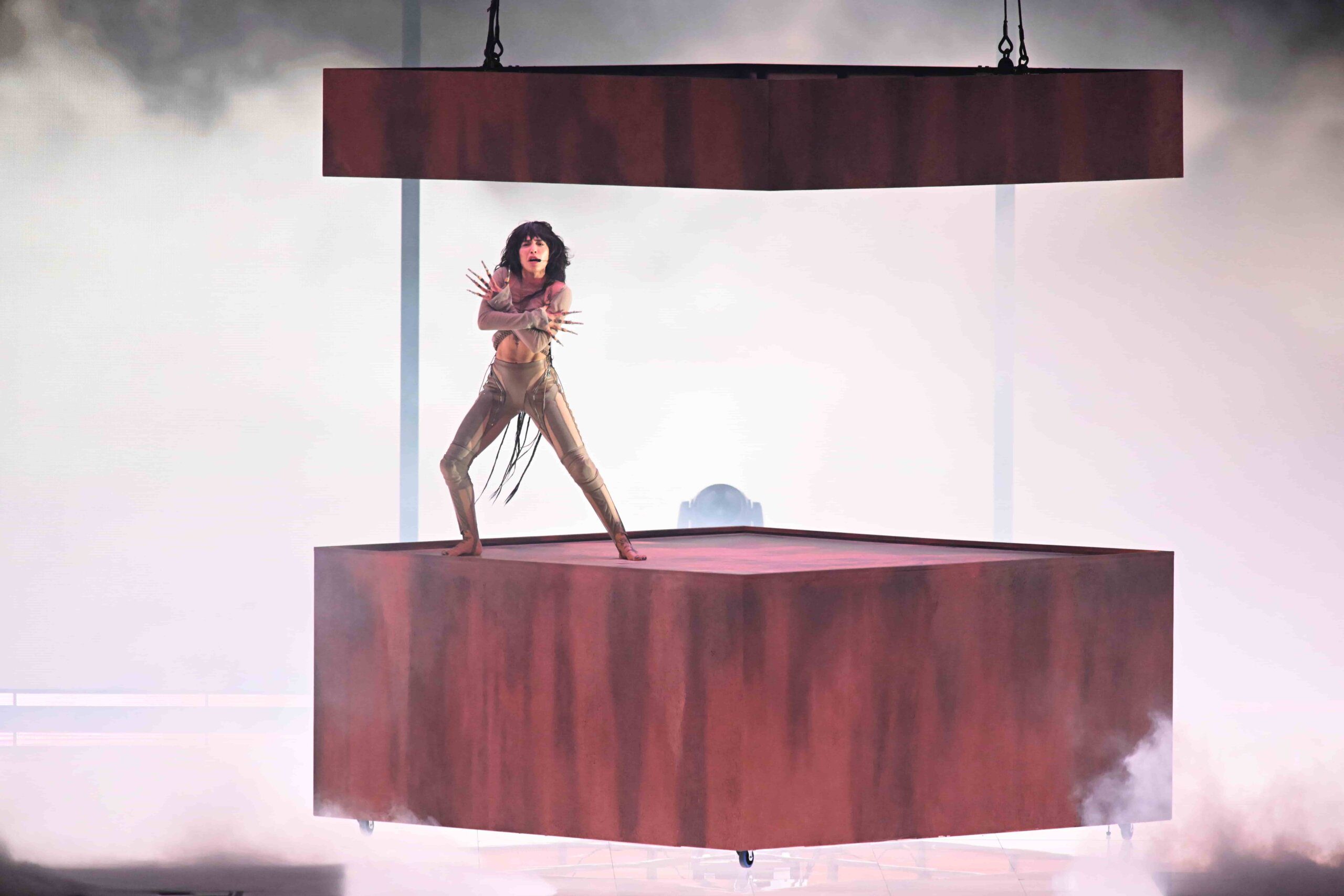
Credit: Anthony Devlin/Getty Images
This is a tricky one to put on the queer scale: “Tattoo” is an objectively sublime electro-power pop ballad, and Loreen’s ability to hit money notes already netted her one Eurovision win 11 years ago. Plus, she’s one of this year’s two resident bisexual performers. Yet, a bit like a hit from Adele, Beyoncé or Mariah, Loreen is so hyper-polished and talented that “Tattoo” feels more like a song that the gays will love rather than a song that’s intrinsically queer. That said, the bird-of-prey-style nails in her outfit do feel like something you’d spot at a cool underground queer rave.
Score: 🦄🦄🦄🦄🦄🦄 6/10
Alessandra (Norway)
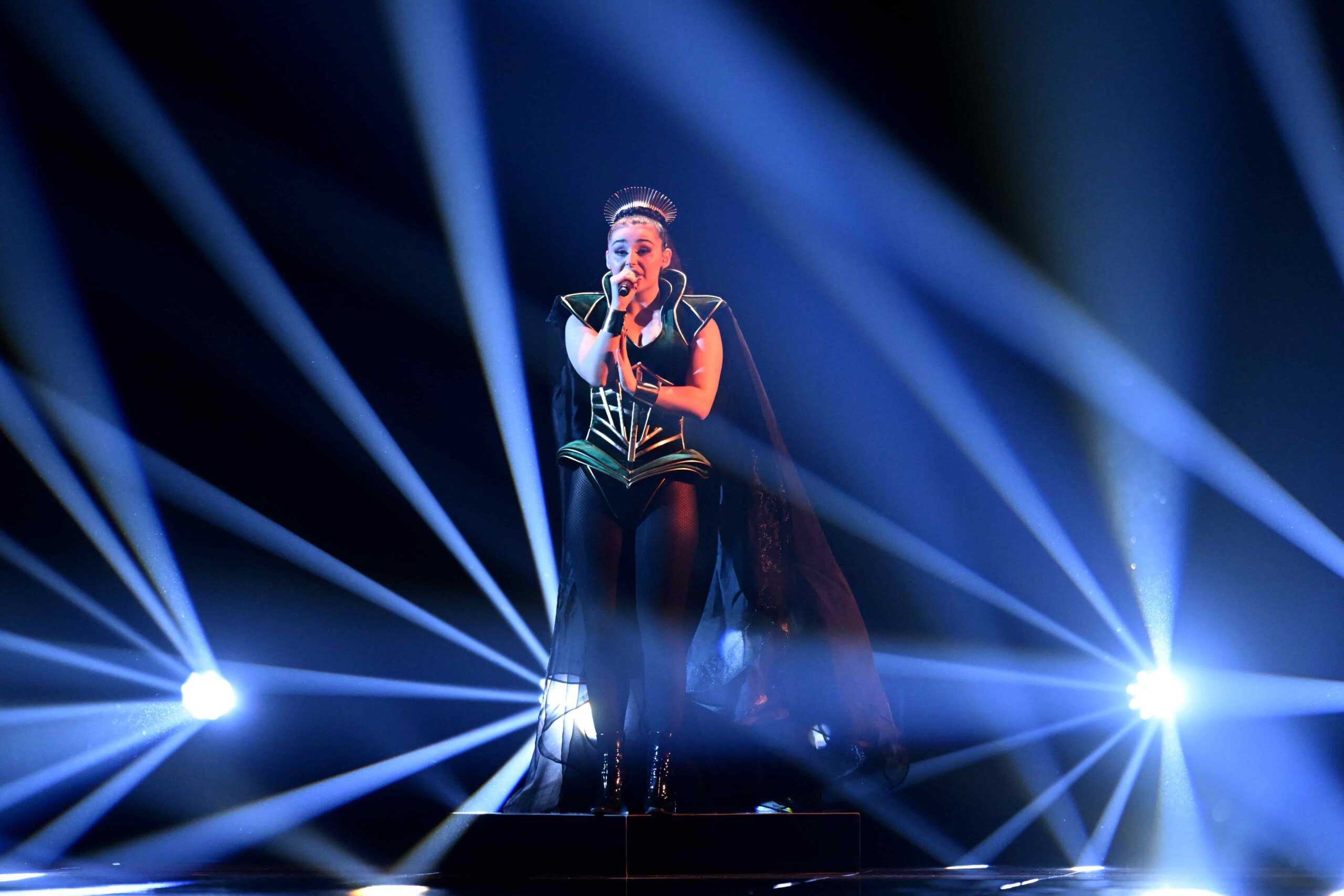
Credit: Anthony Devlin/Getty Image
If Loreen from Sweden could be compared to a Eurovision Beyoncé, Italian-Norwegian singer Alessandra is Katy Perry, but made better with some operatic vocal chops. Competent, yes, but just not quite so compelling. The second of two bisexuals in Eurovision 2023, she says her song “Queen of Kings” is about being proud of her identity, although it’s tough to detect anything particularly bi about the lyrics (and the title, “Queen of Kings” feels more than a little hetero). That said, her Xena: Warrior Princess styling earns her back some queer points, plus, her performance radiates an energy that hovers somewhere between “butch” and “mother.”
Score: 🦄🦄🦄🦄🦄 5/10
Let 3 (Croatia)
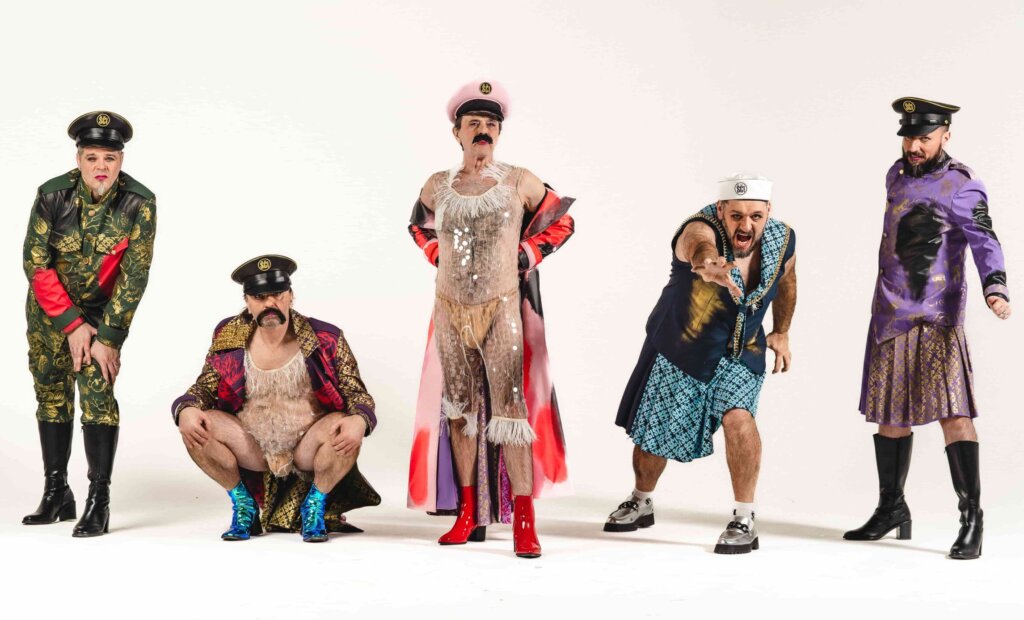
Credit: Franko Kelam
Rock songs in Eurovision have historically skewed a little boring. But that’s one criticism that can’t be lobbed at Let 3, a band who were once stopped from performing naked by police, only to argue in court that, actually, they weren’t, because they had placed corks in their anuses. For Eurovision and their performance of “Mama ŠČ!,” they’re fully clothed, in drag no less—although the messy styling makes it feel more like men in dresses rather than full-scale drag queenery. There’s also a dash of military aesthetics, and hallucinogenic visuals on both the floor and towering wall behind their performance. It’s three minutes of pure chaos and, frankly, impossible to determine where this fits on the one-to-10 queer scale.
Score: ❓
Gustaph (Belgium)
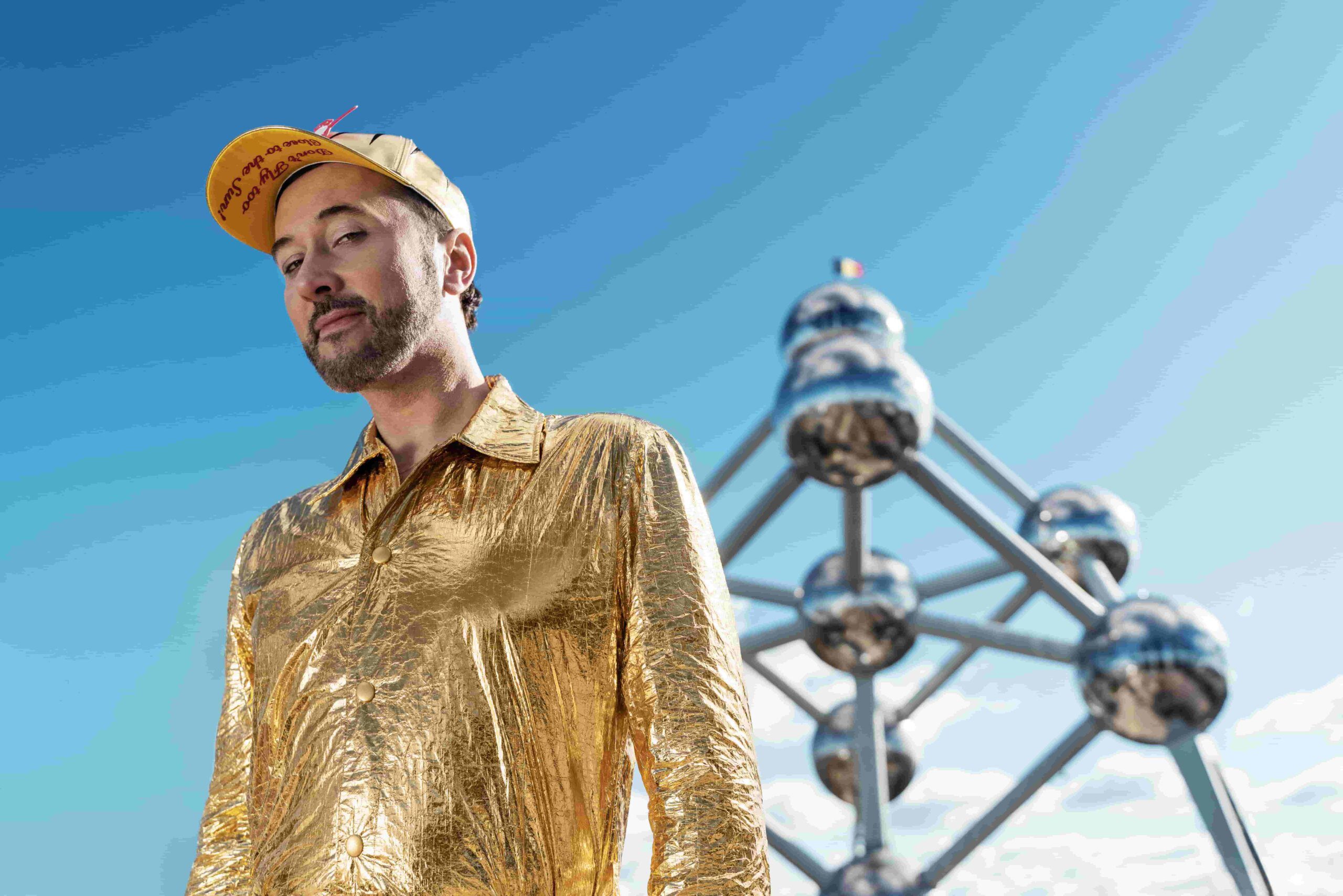
Credit: Roen Lommelen
With a performance fronted by a former member of iconic queer electronic collective Hercules and Love Affair, Belgium’s Eurovision entry may be the most overtly promising for those of us on the LGBTQ2S+ spectrum. And while “Because of You” briefly seems like it’s going to channel Daft Punk and Pharrell Williams’s “Get Lucky” in a frustratingly straight way, it quickly kicks into high gear, helped along by dancers voguing and some Donna Summer–inspired backing vocals. A sweaty dancefloor bop that emanates joy, it’s undoubtedly a banger, although it feels more geared toward the gays rather than the queers, and could be a little cloying for those who aren’t into down-the-line disco and house music.
Score: 🦄🦄🦄🦄🦄🦄🦄🦄 8/10
Mimicat (Portugal)

Credit: Jorge Simão
Portugal has a history of being more like “Bore-tugal” at Eurovision, yet they’ve mercifully kicked that aside for 2023 with a soulful show tune called “Ai Coração.” But that’s the issue here: Mimicat goes all in on appealing to the theatre kids and Broadway fans. Her enthusiasm is infectious if you’re into cabaret, but it doesn’t leave much for the queers who aren’t.
Score: 🦄🦄🦄 3/10
Mae Muller (United Kingdom)
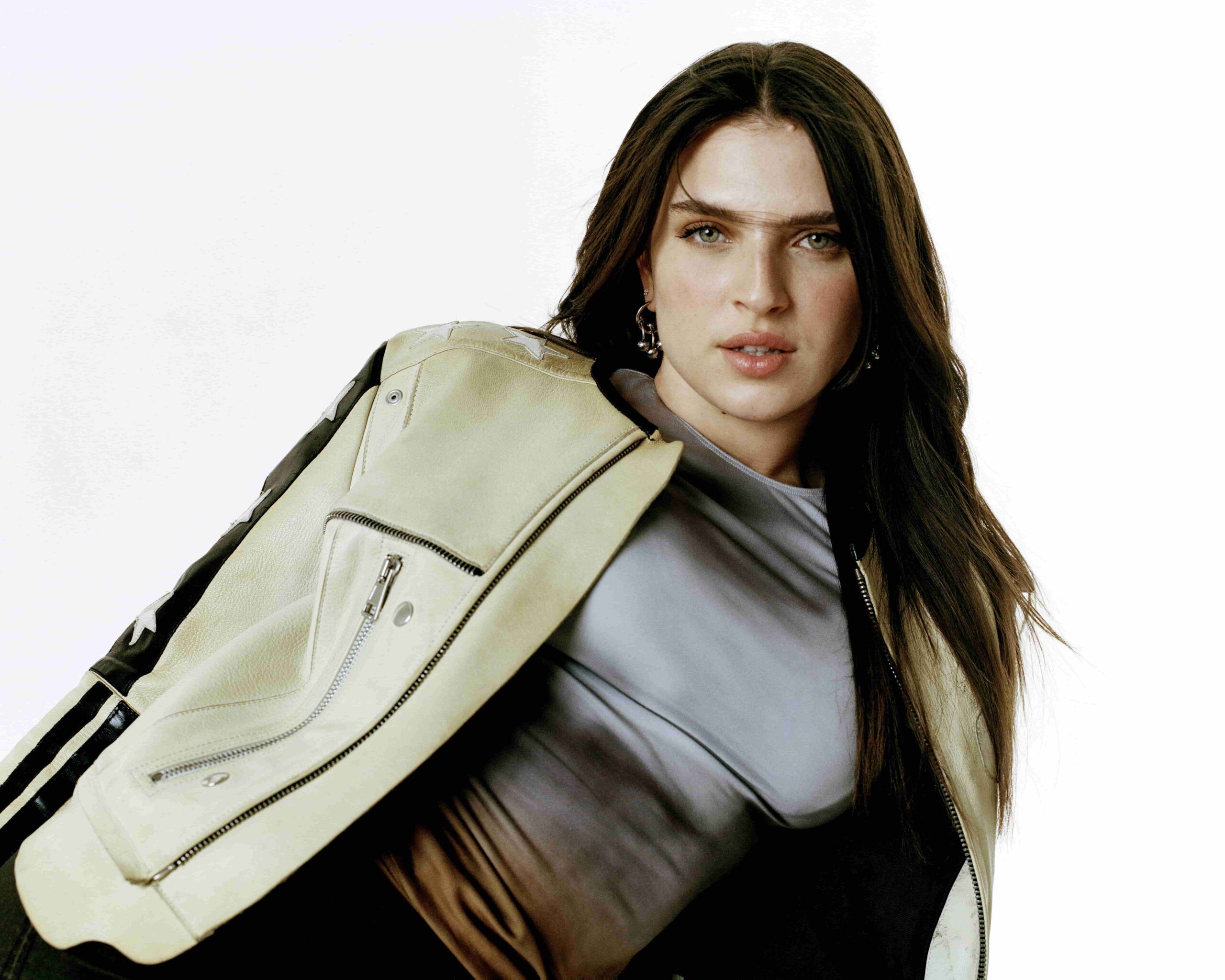
Credit: Henry Carr/Capitol Records/EMI
Like Portugal, the U.K. has a spotty history with Eurovision: just look at the year they subjected the world to an aggressively straight electro-swing dud. But with “I Wrote a Song,” the Brits have finally learned how to serve. With an R&B tilt and a heaping spoonful of bitterness, it’s a little like if “No Scrubs” had been remade for Eurovision, with a little Lily Allen sass thrown in for good measure and a hip-shaking dancehall beat. Sure, it’s not actively fruity like some tracks here, but it pulls together plenty of queer-adjacent elements and makes them work in a catchy way.
Score: 🦄🦄🦄🦄🦄🦄 6/10
Käärijä (Finland)
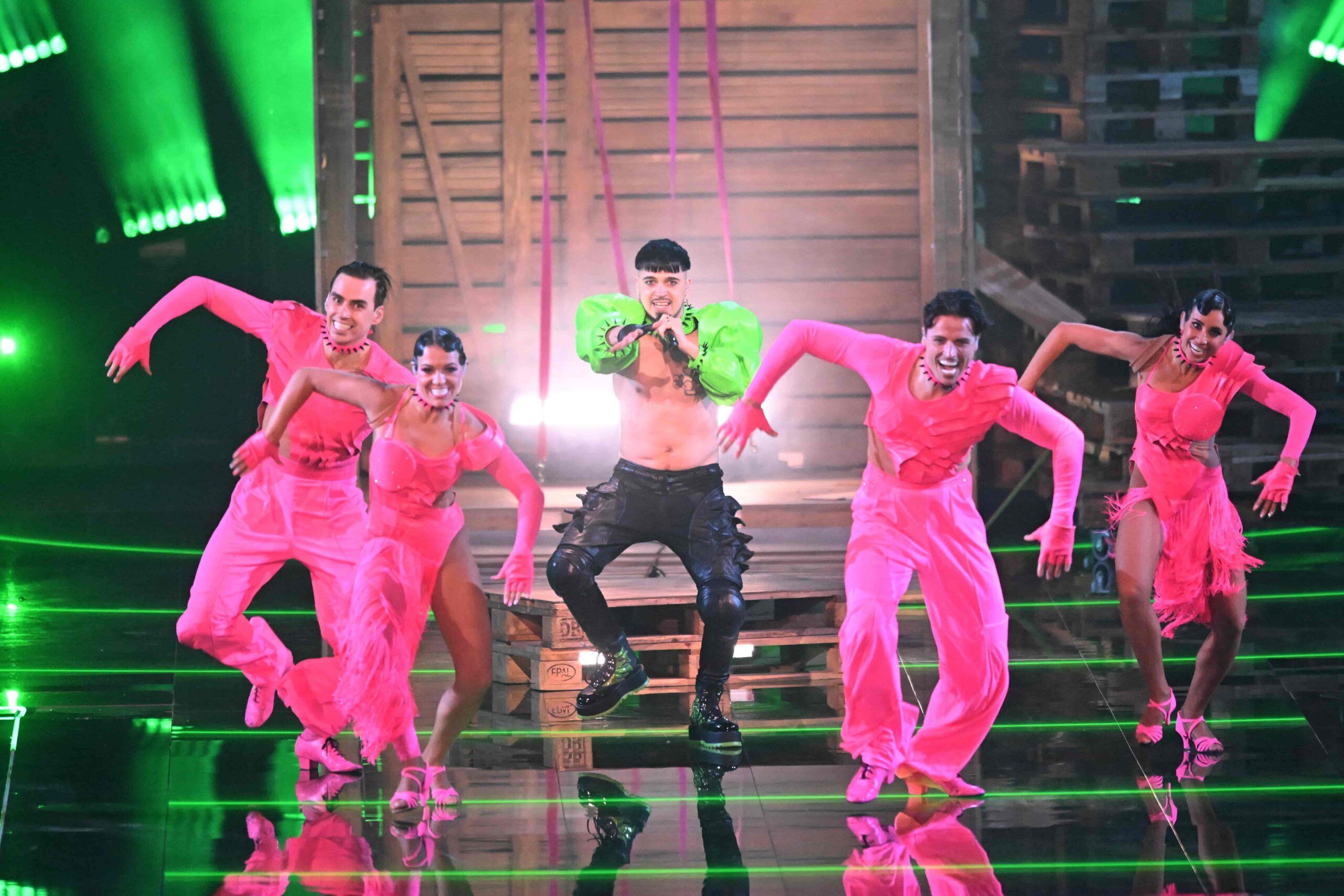
Credit: Anthony Devlin/Getty Images
At first glance, Finnish singer and umlaut enthusiast Käärijä just looked like a straight dude who wears nail polish to hit on women. But after his performance at Eurovision’s first semifinal, he may deserve an honourary spot under the LGBTQ+ umbrella. Between the shipping pallet set pieces, driving techno beat and his nipple-exposing, fluorescent green puffy-sleeved outfit, “Cha Cha Cha” has the ambiance of a queer, all-gender orgy in a major European city. The music is a fraction messy, flipping between techno, pop and rock, but I’ll be danged if it’s not hypnotizing to watch.
Score: 🦄🦄🦄🦄🦄🦄🦄🦄🦄 9/10
Teya & Salena (Austria)
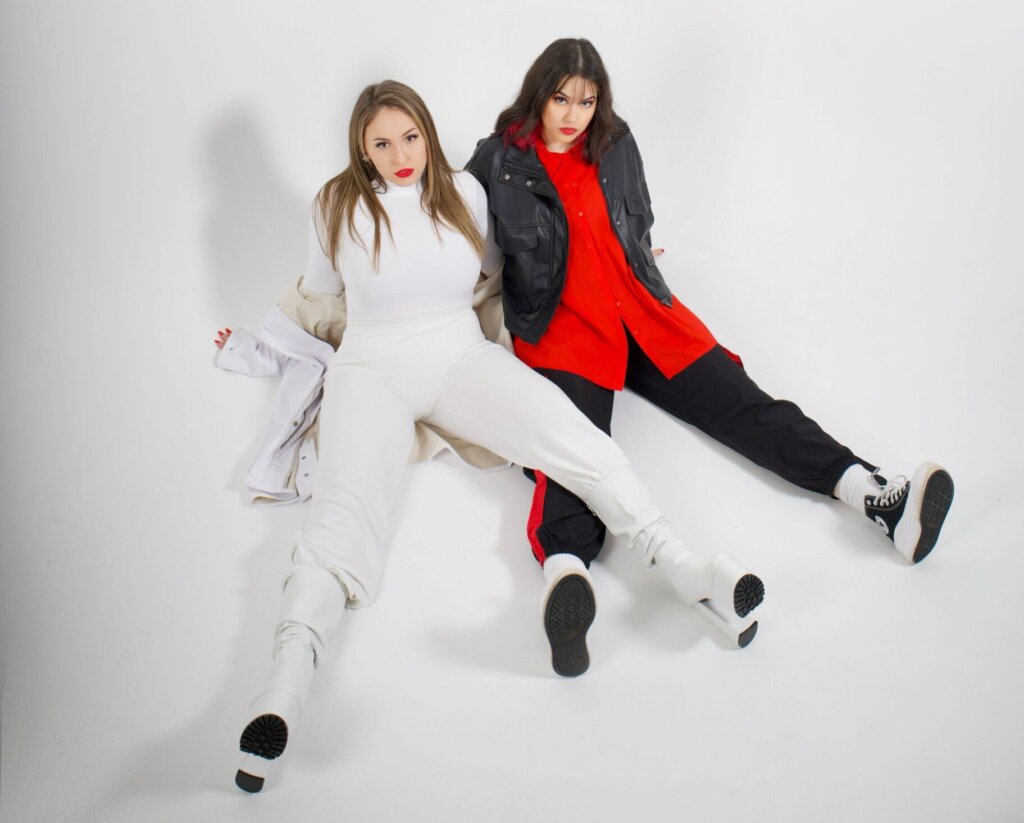
Credit: Huy Tran
A pop song about how (straight) poet Edgar Allan Poe’s spirit is possessing one of these Austrian singer’s hands has no right to be as good as this. Singers Teya and Salena put on a bookish yet dollish demeanour with exquisite poise, inhabiting a bizarre role as dowdy-glam poetry-loving office workers with more than a whiff of lesbianism about them, and a hint of a drag king performance. “Who the Hell Is Edgar?” has a clear John Waters camp quality to it (minus the sex: Eurovision skews family-friendly, after all) and walks an impressive line of being nerdy yet poppy. No notes.
Score: 🦄🦄🦄🦄🦄🦄🦄🦄🦄🦄 10/10
Bonus tracks
If those 10 songs aren’t enough, consider the following.
• Danish singer Reiley seems to occupy the grey area between twink and lesbian, with a song that exudes Tegan and Sara emotion.
• Spanish performer Blanca Paloma answers the question: “What if you mixed the look of Arca with Ethel Cain and made it a flamenco song?”
• Polish entry Blanka was accused of vote-rigging to get to Eurovision, and we do love a sneaky girlboss! The song, however, feels like Jessie J on vacation at an all-inclusive resort.
• Slovenian band Joker Out is a bit of a wild card: it’s more “ecstasy trip in an elevator” than queer, but it’s undoubtedly entertaining.
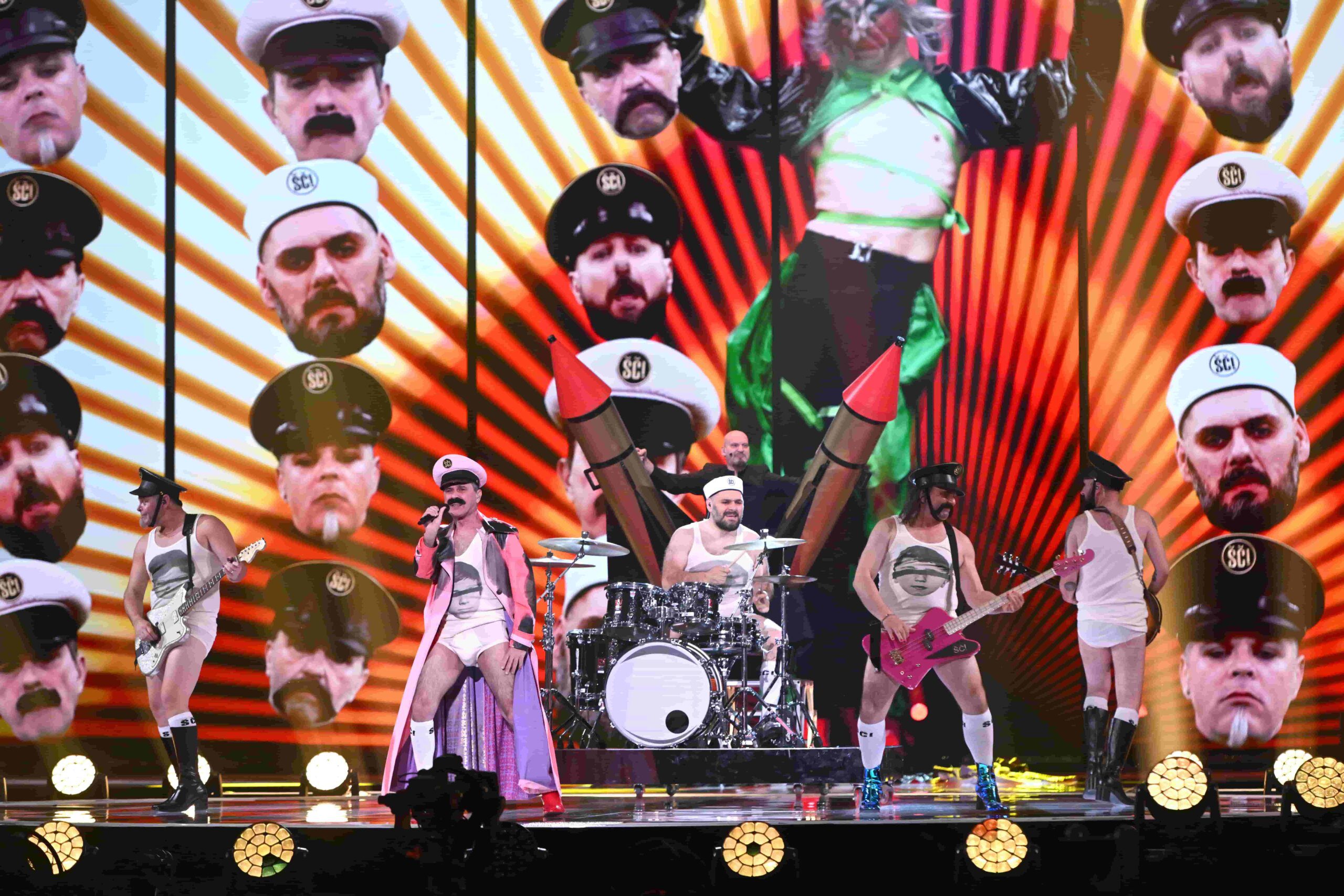

 Why you can trust Xtra
Why you can trust Xtra


